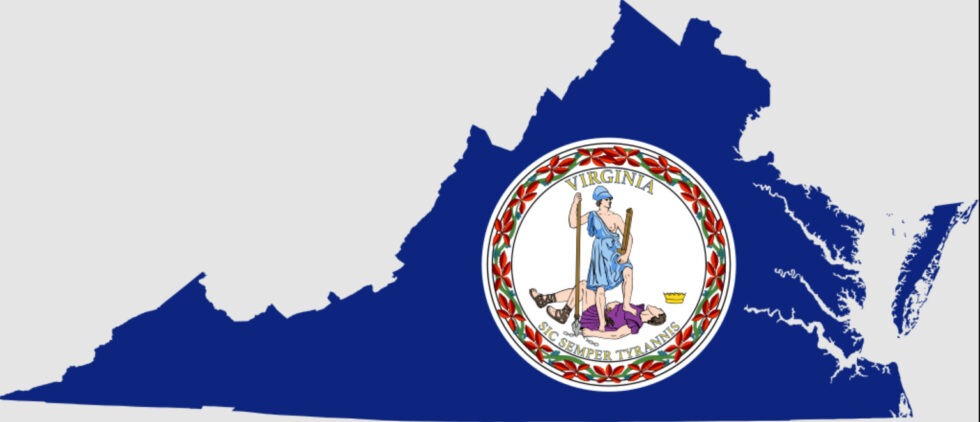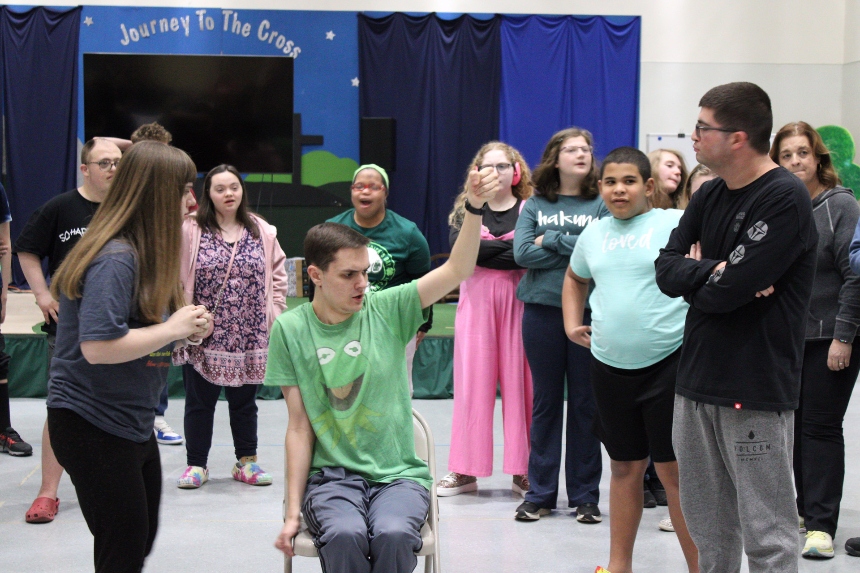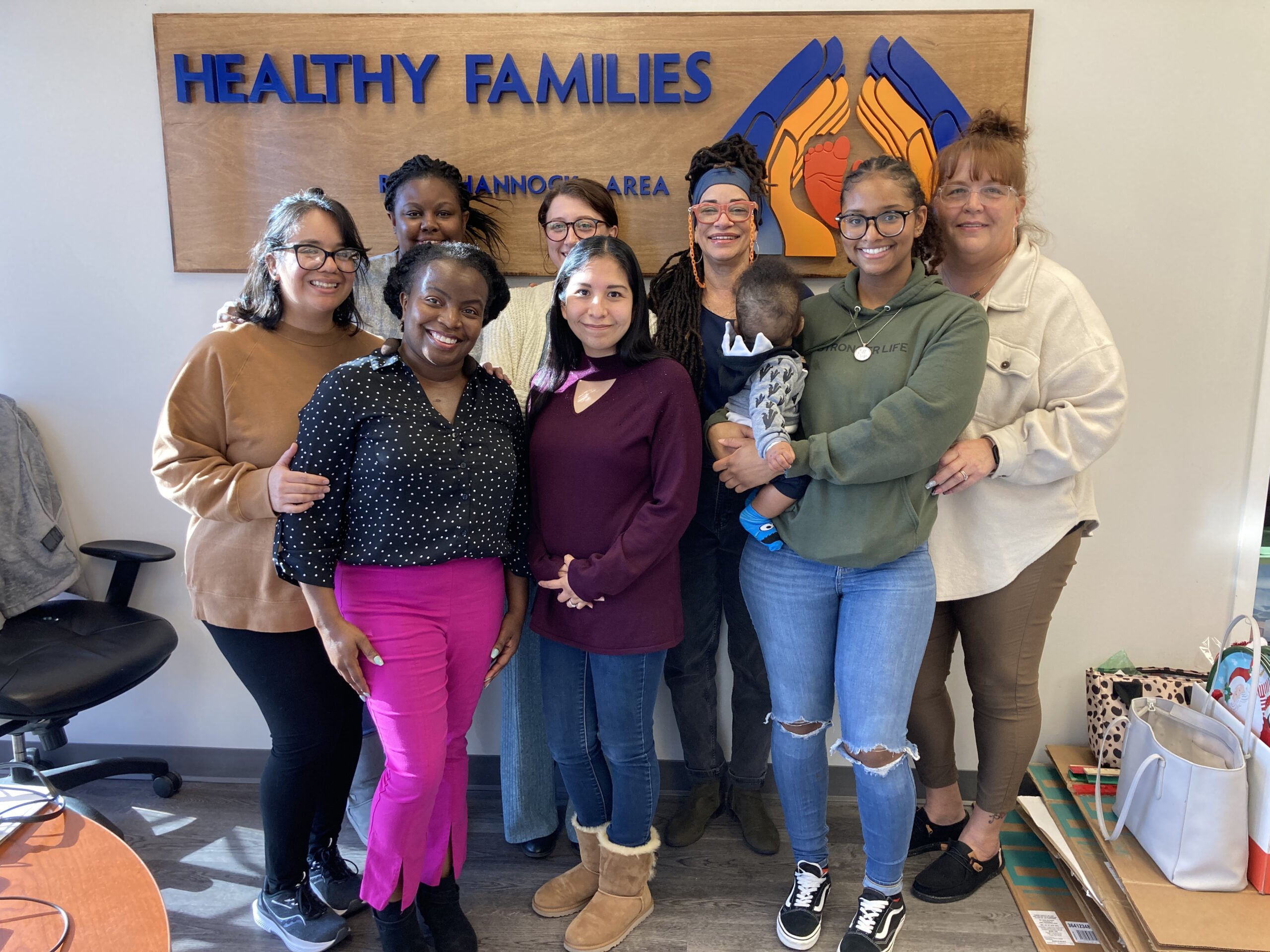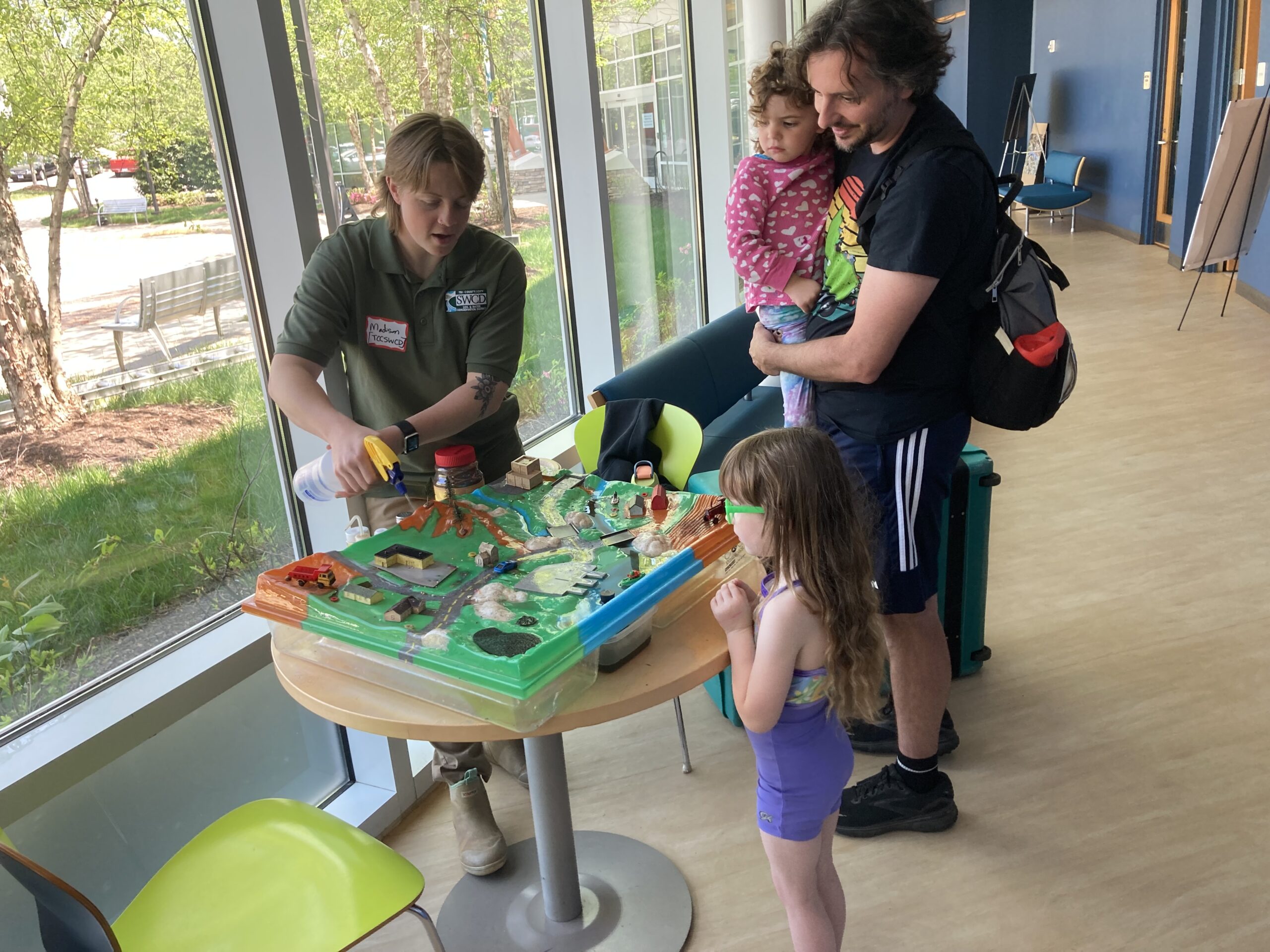
Virginia Mercury: ‘Over 60,000 Virginians used Easy Enrollment in medical assistance program’s first year’
(Republished with permission under Creative Commons license CC BY-NC-ND 4.0.)
by JW Caterine
Thousands of Virginians recently checked a box on their state tax return indicating they were uninsured and wanted to know if they were eligible for medical assistance programs like Medicaid.
Virginia Department of Medical Assistance Services spokesperson Rebecca Dooley said in an email that last year the agency received 63,982 requests for contact as part of the state’s new “Easy” or Facilitated Enrollment program. Over two-thirds asked for information by letter.
Under the new program, people who check the box have their information sent to DMAS, which oversees Virginia’s Medicaid program. The agency can then reach out to the individual or family with information about Medicaid and other assistance programs they might be eligible for.
Virginia’s numbers are comparable to data from the first year of similar programs in other states, including over 60,000 sign-ups in Maryland in 2020, according to research by the Commonwealth Fund, a foundation for healthcare equity.
The Virginia program’s success in connecting a portion of the state’s roughly half-million uninsured with health resources is a bright spot during a tough year of Medicaid unwinding. An estimated 140,000 Virginia residents have lost Medicaid coverage since April after the state reverted back to regular eligibility reviews following the end of the COVID-19 federal public health emergency.
Del. Mark Sickles, D-Arlington, carried the bill in 2021 that directed the Department of Taxation to work with DMAS and the Department of Social Services to add a space to state tax forms where filers could voluntarily share their personal information for use in determining eligibility for medical assistance.
During the same session the General Assembly also passed legislation that initiated plans to roll out the state’s Health Benefit Exchange, the online insurance marketplace that will replace healthcare.gov as the main platform for Virginians to find affordable healthcare. Sickles said the federal Centers for Medicare and Medicaid Services encourage states to transition to their own system and offer a process for doing so that Virginia has been following.
“The transition is going well, as far as we know,” Sickles said. “If you don’t qualify [for Medicaid] anymore, we need to help you pick out the insurance product on the exchange that fits your needs.”
The Easy Enrollment program will allow Virginia tax filers to also verify their eligibility for subsidized health insurance starting next year after the state exchange begins operating on Nov. 1.
As the state’s exchange comes online, Sara Cariano, a senior health policy analyst with the Virginia Poverty Law Center, said the Easy Enrollment program could help provide better coordination of Medicaid and private health insurance.
“More integration will help people not fall into a gap between programs,” Cariano said. “Sometimes we’ll see where folks inadvertently end up dually enrolled, which has some pretty complicated and not great tax consequences for them.”
In June, Virginia Sens. Mark Warner and Tim Kaine advocated for easy enrollment programs at the federal level, sending a letter with other senators to U.S. Health and Human Services Secretary Xavier Becerra and the Centers for Medicare and Medicaid Services.
“Easy Enrollment efforts ultimately aim to let uninsured tax filers request automatic enrollment in Medicaid, CHIP, or zero-premium Marketplace coverage, but these initiatives are facing unnecessary bureaucratic obstacles,” the letter said. “To reach as many eligible uninsured as possible, these states seek to limit the need for people who have already filed their tax returns to complete further paperwork before obtaining health care coverage.”
Virginia’s Easy Enrollment program is not yet at the level of automatic enrollment, but Cariano said that is the goal.
“So often the barrier to coverage is not the eligibility, but the systems and the processes that are preventing people from enrolling,” Cariano said. “And this is really the first small step in hopefully building a large program to address those pieces.”
by JW Caterine
Cardinal News: ‘Lynchburg is talking about closing schools. Financial constraints and equity questions complicate the decision.’
“Lynchburg City Schools has come to a crossroads.
“Over the past 10 years, the district has seen enrollment decline and school buildings age. Now, after years of study and months of discussion and debate, the school board could soon vote on a recommendation to close two elementary schools.
“The road to this vote has not been an easy one; parent concerns, financial constraints and equity matters have all come into play.”
Read the full story at Cardinal News




